VISCA 2021 Speakers

Organizer: John E. Laird
John E. Laird is the John L. Tishman Professor of Engineering at the University of Michigan. He received his Ph.D. in Computer Science from Carnegie Mellon University working with Allen Newell. He is one of the original developers of the Soar cognitive architecture and leads its continued evolution. He was a founder of Soar Technology, Inc. and he is a Fellow of AAAI, AAAS, ACM, and the Cognitive Science Society. With Paul Rosenbloom, he is the winner of the 2018 Herbert A. Simon Prize for Advances in Cognitive Systems.
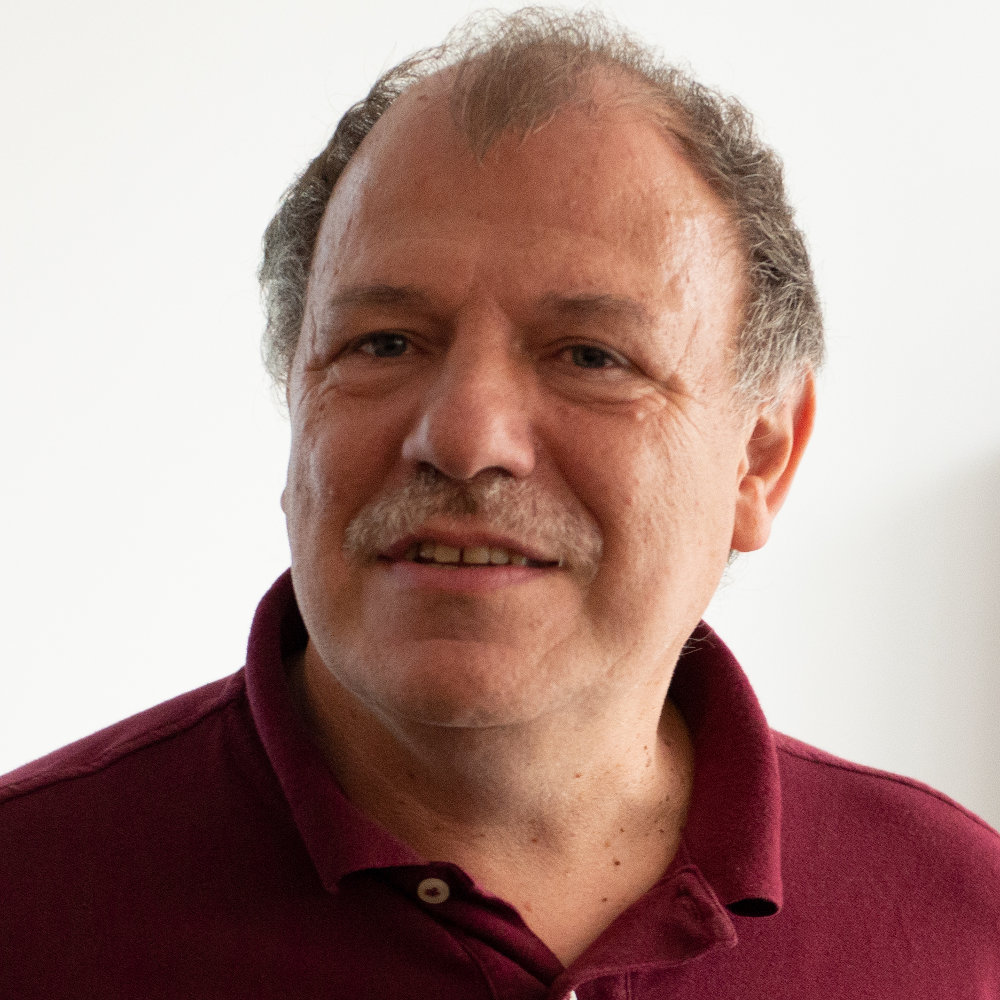
Michael Beetz
Michael Beetz is a professor for Computer Science at the Faculty for Mathematics & Informatics of the University Bremen and head of the Institute for Artificial Intelligence (IAI). He received his diploma degree in Computer Science with distinction from the University of Kaiserslautern. His MSc, MPhil, and PhD degrees were awarded by Yale University in 1993, 1994, and 1996, and his Venia Legendi from the University of Bonn in 2000. In February 2019 he received an Honorary Doctorate from Örebro University. He was vice-coordinator of the German cluster of excellence CoTeSys (Cognition for Technical Systems, 2006–2011), coordinator of the European FP7 integrating project RoboHow (web-enabled and experience-based cognitive robots that learn complex everyday manipulation tasks, 2012-2016), and is the coordinator of the German collaborative research centre EASE (Everyday Activity Science and Engineering, since 2017). His research interests include plan-based control of robotic agents, knowledge processing and representation for robots, integrated robot learning, and cognition-enabled perception.

Matt Botvinick
Matthew Botvinick is Director of Neuroscience Research at DeepMind and Honorary Professor at the Gatsby Computational Neuroscience Unit at University College London. Dr. Botvinick completed his undergraduate studies at Stanford University in 1989 and medical studies at Cornell University in 1994, before completing a PhD in psychology and cognitive neuroscience at Carnegie Mellon University in 2001. He served as Assistant Professor of Psychiatry and Psychology at the University of Pennsylvania until 2007 and Professor of Psychology and Neuroscience at Princeton University until joining DeepMind in 2016. Dr. Botvinick’s work at DeepMind straddles the boundaries between cognitive psychology, computational and experimental neuroscience and artificial intelligence.

Antonio Chella
Antonio Chella is a Professor of Robotics and co-head of the RoboticsLab at the Department of Industrial and Digital Innovation (DIID) of the University of Palermo. He is the Director of the Interdepartmental Center for Knowledge Technologies (CITC). He is a former coordinator of the course of study in Computer Engineering and the Ph.D. program in Technological Innovation Engineering. He is a former director of the Department of Computer Engineering.

Michael Cox
Michael T. Cox is Director of Autonomy Research at Parallax Advanced Research and a Research Professor at Wright State University, Dayton. Dr. Cox is a former DARPA/I2O program manager and has held senior research positions at Raytheon BBN Technologies, the CMU School of Computer Science, and the University of Maryland Institute for Advanced Computer Studies. He has interests in autonomous systems, mixed-initiative planning, computational metacognition, and case-based reasoning. His research group developed the Metacognitive Integrated Dual-Cycle Architecture (MIDCA) and was instrumental in the development of a high-level approach to autonomy called goal-driven autonomy. He graduated summa cum laude in Computer Science (1986) from Georgia Tech and holds a PhD in Computer Science (1996) from the same..
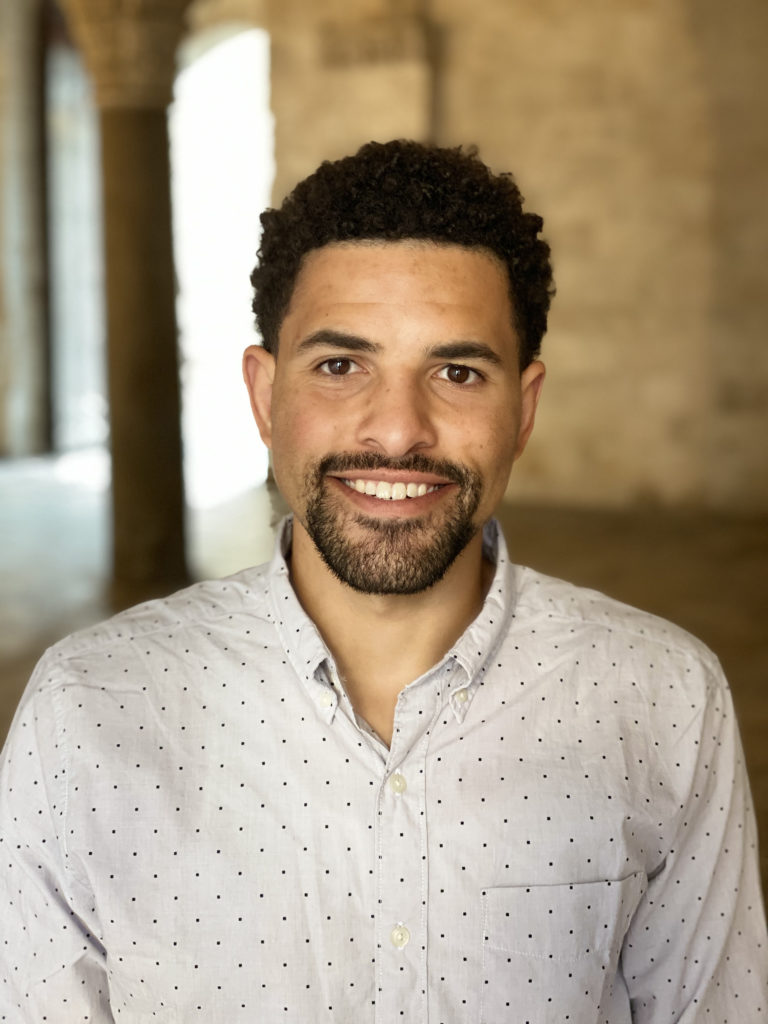
Chris Dancy
Chris Dancy received his PhD from Penn State in Information Science and Technology with a focus in AI and Cognitive Science. His work has traditionally been at the intersection of computational physiology and computational cognitive modeling, laboring to understand how physiological, affective, and cognitive processes interact. He uses computational physio-cognitive models (typically those anchored by the ACT-R or ACT-R/Phi architecture) to study these processes, as well as what these interactions mean for human-AI interaction. More recently, Chris has begun to think seriously about how sociocultural processes may interact with the aforementioned individual level processes, with a particular focus on Blackness and anti-Blackness.
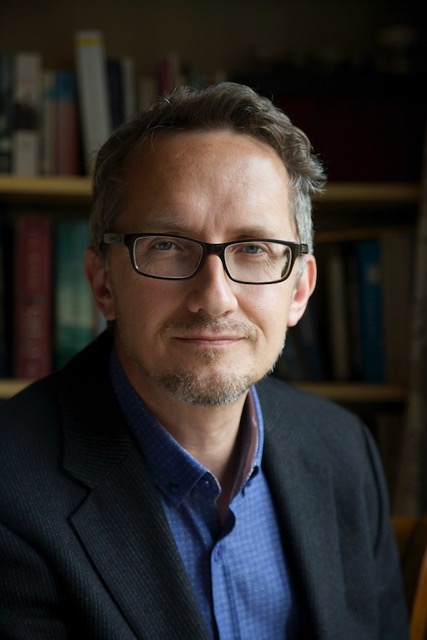
Andrew Howe
Andrew Howes is visiting professor at the Finnish Center for Artificial Intelligence (FCAI) and professor of computer science at the University of Birmingham. His research is focused on computational rationality. This is the idea that human behaviour can be predicted by computing approximately optimal polices given cognitive and ecological bounds. He has contributed to understanding human multitasking and decision making and has published in both the cognitive science and human-computer interaction literature. With the generous support of FCAI he is developing techniques for automating theory specification and testing.

Sean Kugele
Sean Kugele is a computer scientist and professional software developer turned cognitive scientist that has worked with Stan Franklin on the LIDA cognitive architecture since 2012. Sean has co-authored 10 papers with Stan Franklin, and he is an expert on LIDA. Prior to returning to academic life full-time in 2018, Sean was a Technical Principal at FedEx where he architected large-scale, distributed software systems. He has also worked for Northrop Grumman as a software engineer. Sean is currently a PhD candidate in the department of computer science at the University of Memphis, where he works under the mentorship of Stan Franklin. He is in his final year of study. Sean’s research is focused on hybrid (symbolic/non-symbolic) representational systems, simulation-based cognition, and multi-modal perception.

Richard Lewis
Richard Lewis is the John R. Anderson Professor of Psychology, Linguistics, and Cognitive Science and Arthur F. Thurnau Professor at the University of Michigan, and the Director of Michigan’s Weinberg Institute for Cognitive Science. His research interests include computational rationality, reinforcement learning, cognitive architecture, psycholinguistics, and decision making. He received a PhD in Computer Science from Carnegie Mellon University working with Allen Newell. He was elected a Fellow of the Association for Psychological Science in 2010, and in 2014 helped establish a cross-discipline undergraduate major in Cognitive Science in Michigan’s College of Literature, Science and the Arts.
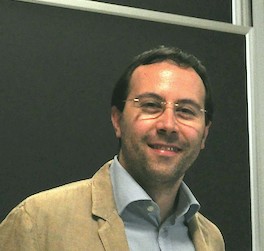
Antonio Lieto
Antonio Lieto is a tenure-track Senior Researcher (i.e. Assistant Professor) in Computer Science at the Department of Computer Science of the University of Turin (Italy) and a Research Associate at the ICAR-CNR Institute in Palermo (Italy), Cognitive Robotics and Social Sensing Lab.
His research interests include commonsense reasoning, cognitive architectures, cognitive semantics, language and knowledge technologies. He is the current Vice-President of the Italian Association of Cognitive Sciences (AISC, 2017-2022), the recipient of the “Outstanding BICA Research Award” from the Biologically Inspired Cognitive Architecture Society and is an ACM Distinguished Speaker. He has authored the book “Cognitive Design for Artificial Minds” (Routledge/Taylor & Francis, 2021)
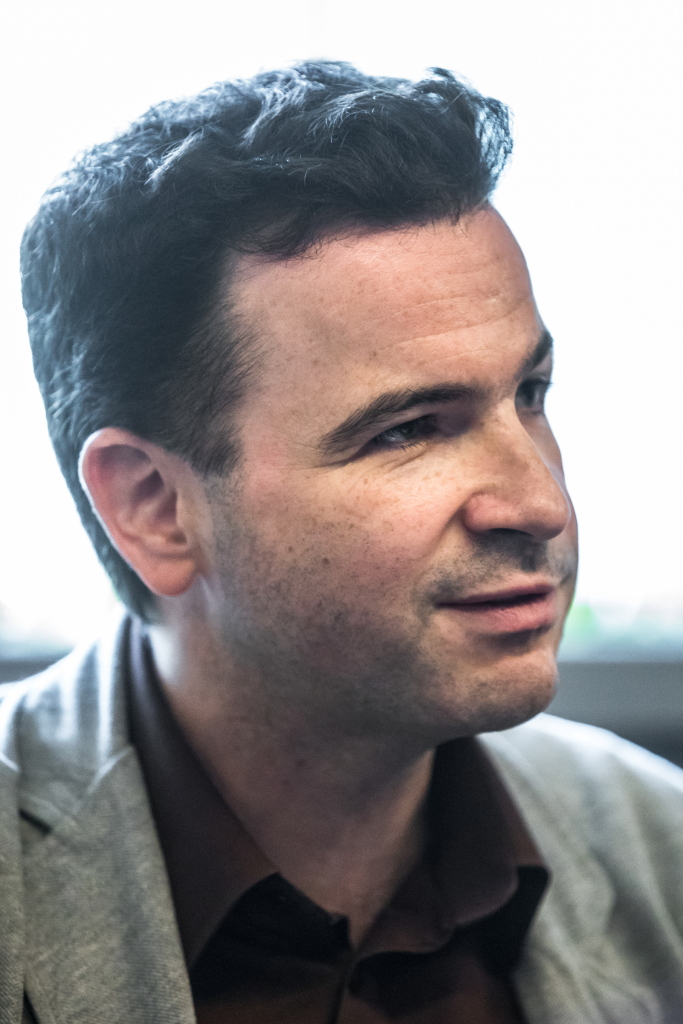
Marcin Milkowski
Marcin Miłkowski is Associate Professor and Chair of the Section for Logic and Cognitive Science at the Institute of Philosophy and Sociology, Polish Academy of Sciences. Miłkowski published Explaining the Computational Mind (MIT Press 2013), awarded with the Tadeusz Kotarbiński Prize of the Section I of the Polish Academy of Sciences and the National Science Center Award for outstanding young scholars in social sciences and humanities in 2014. He was presented with Herbert A. Simon by Association for Computers in Philosophy (IACAP) for his significant contributions in the foundations of computational neuroscience (2015). Vice-President (2020-) of the Committee for Philosophical Sciences of the Polish Academy of Sciences.

Randall O’Reilly
Dr. O’Reilly is Professor of Psychology, Computer Science, and the Center for Neuroscience at the University of California Davis. He has authored over 70 journal articles and an influential textbook on computational cognitive neuroscience. His work focuses on biologically-based computational models of learning mechanisms in different brain areas, including hippocampus, prefrontal cortex and basal ganglia, and posterior visual cortex. He has received significant funding from ONR, NIH, NSF, IARPA, and DARPA. He is a primary author of the Emergent neural network simulation environment. O’Reilly completed a postdoctoral position at the Massachusetts Institute of Technology, earned his M.S. and Ph.D. degrees in Psychology from Carnegie Mellon University and was awarded an A.B. degree with highest honors in Psychology from Harvard University.

Paul Rosenbloom
Paul Rosenbloom is a professor of computer science in the Viterbi School of Engineering at the University of Southern California (USC) and director for cognitive architecture research at USC’s Institute for Creative Technologies (ICT). His research concentrates on cognitive architectures, the Common Model of Cognition, and frameworks for understanding computing as a great scientific domain and the technological underpinnings of AI, cognitive modeling, and cognitive architectures. He is a fellow of the AAAI, the AAAS, and the Cognitive Science Society; and with J. Laird was awarded the Herbert A. Simon Prize for Advances in Cognitive Systems.

Olaf Sporns
After receiving an undergraduate degree in biochemistry, Olaf Sporns earned a PhD in Neuroscience at Rockefeller University and conducted postdoctoral work at The Neurosciences Institute in New York and San Diego. Currently he is the Robert H. Shaffer Chair, a Distinguished Professor, and a Provost Professor in the Department of Psychological and Brain Sciences at Indiana University in Bloomington. Sporns holds adjunct appointments in the School of Informatics, Computing and Engineering, and in the School of Medicine. His main research area is theoretical and computational neuroscience, with a focus on complex brain networks. In addition to over 250 peer-reviewed publications he has written two books, “Networks of the Brain” and “Discovering the Human Connectome”. He is the Founding Editor of “Network Neuroscience”, a journal published by MIT Press. Sporns received a John Simon Guggenheim Memorial Fellowship in 2011, and the Patrick Suppes Prize in Psychology/Neuroscience, awarded by the American Philosophical Society, in 2017. He is a Fellow of the American Association for the Advancement of Science and the Society of Experimental Psychologists and of the Society of Experimental Psychologists.
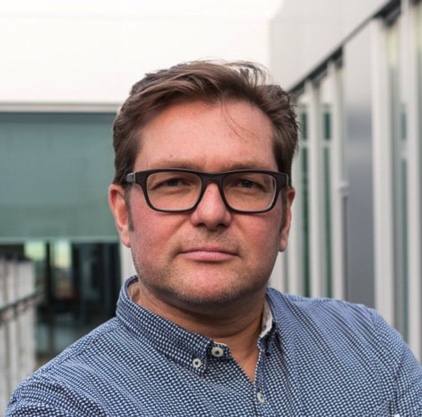
Kristinn R. Thórisson
Dr. Kristinn R. Thórisson is Professor of Computer Science at Reykjavik University and Founding Director of the Icelandic Institute for Intelligent Machines. His many roles during 30 years of work in AI include consulting for NASA and HONDA Research Labs, working at LEGO, British Telecom, Columbia University. He has served on AI advisory boards for the Swedish government and the Prime Minister of Iceland. The AERA cognitive architecture, developed over the past decade by his team, can learn complex tasks from scratch, through recursive self-programming. Dr. Thórisson is a two-time recipient of the Kurzweil Award. He holds a Ph.D. from the MIT Media Lab.

Lucina Uddin
After receiving a Ph.D. in cognitive neuroscience from the psychology department at UCLA in 2006, Dr. Uddin completed a postdoctoral fellowship at the Child Study Center at NYU. For several years she worked as a faculty member in Psychiatry & Behavioral Science at the Stanford School of Medicine. She joined the psychology department at the University of Miami in 2014. Within a cognitive neuroscience framework, Dr. Uddin’s research combines analyses of resting-state fMRI and diffusion weighted imaging data to examine the organization of large-scale brain networks supporting executive functions. Her current projects focus on understanding dynamic network interactions underlying cognitive inflexibility in neurodevelopmental disorders such as autism. Dr. Uddin’s work (over 140 publications) has been published in the Journal of Neuroscience, Cerebral Cortex, JAMA Psychiatry, Biological Psychiatry, PNAS, and Nature Reviews Neuroscience. She was awarded the Young Investigator award by the Organization for Human Brain Mapping (2017).
Moderators:

Christian Lebiere
Christian Lebiere is a Research Faculty in the Psychology Department at Carnegie Mellon University, having received his Ph.D. from the CMU School of Computer Science. During his graduate career, he studied connectionist models and was the coauthor with Scott Fahlman of the Cascade-Correlation neural network learning algorithm. Since 1991, he has worked on the development of the ACT-R cognitive architecture and was co-author with John R. Anderson of the 1998 book The Atomic Components of Thought. Most recently, he has been involved with John Laird and Paul Rosenbloom in defining the Common Model of Cognition, a community-wide effort to consolidate and formalize the scientific progress resulting from the 40-year research program in cognitive architectures.

Andrea Stocco
Andrea Stocco is an Associate Professor at the Department of Psychology and the Institute for Learning and Brain Sciences (I-LABS), and co-director of the Cognition and Cortical Dynamics Laboratory. He was born in Palmanova, Italy, and received both his Master’s degrees and his Ph.D. from the University of Trieste, Italy.
Dr. Stocco’s research concerns how human use abstract mental representations (like, rules, instructions, and plans) to perform complex tasks. He uses computational and mathematical models, neuroimaging techniques, and brain stimulation methods determine and predict how these mental representations are encoded in the brain, how they are transformed into behavior, and how this knowledge can be used to improve learning and skill acquisition.
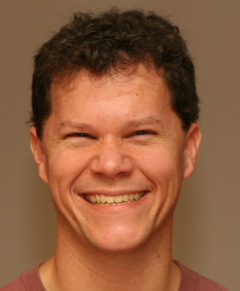
Greg Trafton
Greg Trafton leads The Intelligent Systems Section at the Navy Center For Applied Research in Artificial Intelligence (NCARAI) at the Naval Research Laboratory in Washington, DC. His team performs state-of-the-art research in cognitive science, cognitive robotics and human-robot interaction, predicting and preventing procedural errors, the cognition of complex visualizations, interruptions and resumptions, and spatial cognition. The emphasis is on cognitive approaches to enabling more intelligent systems that are able to work more effectively with people.

Robert West
Robert L. West is an Associate Professor in the Department of Cognitive Science at Carleton University. Trained in Cognitive Psychology and Computational Modelling, his research employs Cognitive Architectures to create functional, human-like computational agents. This work integrates research from several fields, including neuroscience, cognitive science, and artificial intelligence. Dr West has published over one hundred peer reviewed papers and is the Director of the Carleton Cognitive Modeling Lab, which uses artificial agents to model how the human mind operates.
 MENU
MENU 
